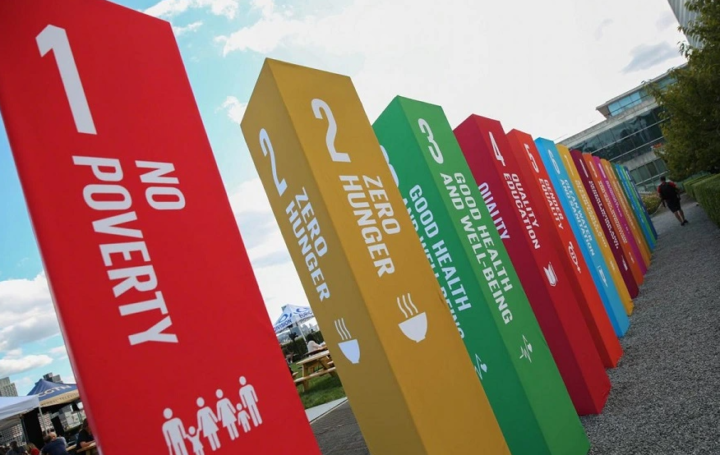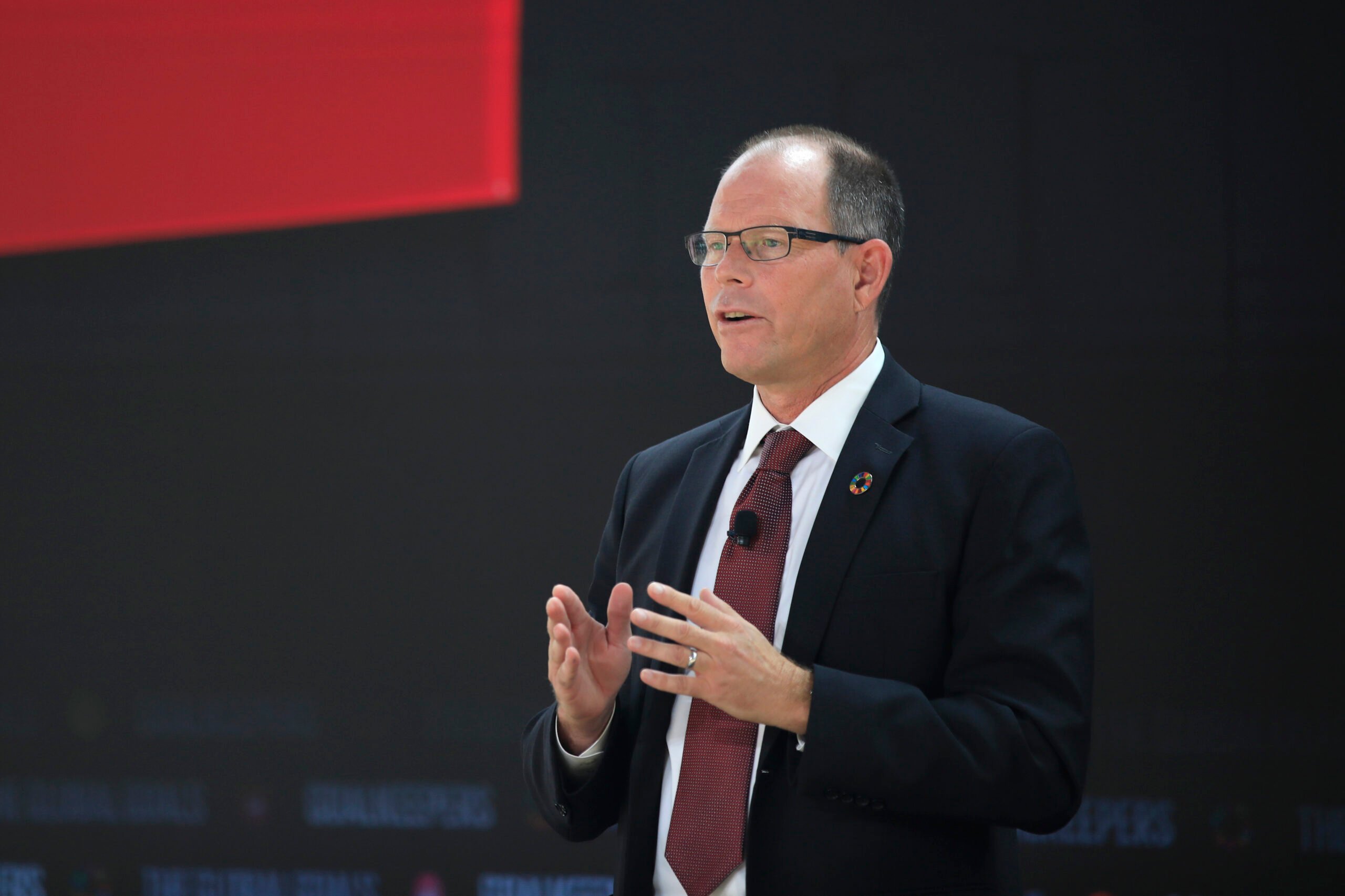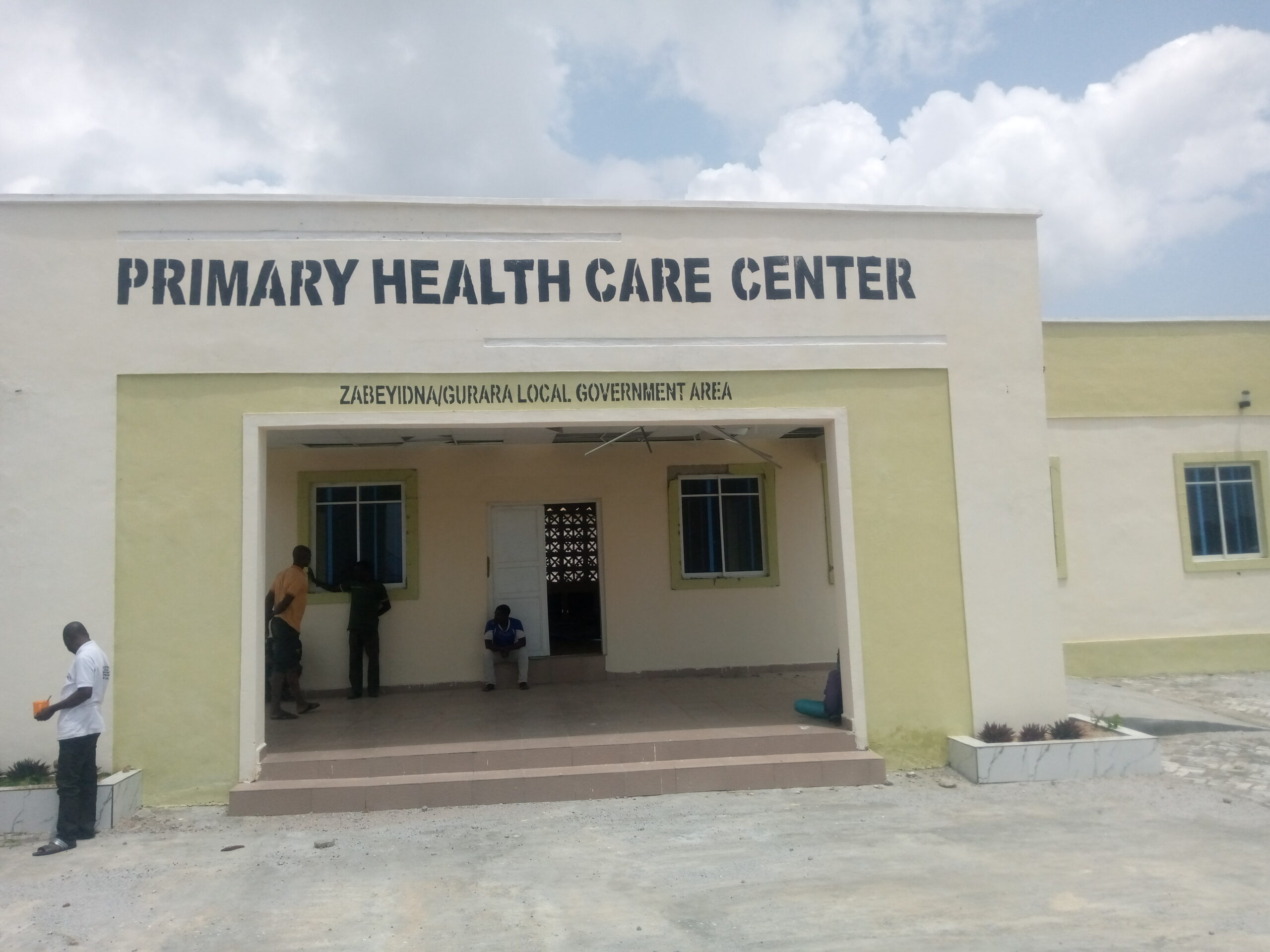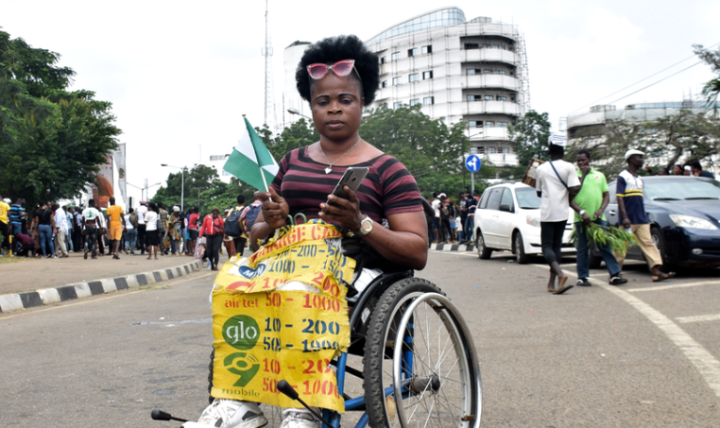The Civil Society Legislative Advocacy Centre (CISLAC) says insecurity is the major factor affecting the actualisation of sustainable development goals (SDGs) in Nigeria.
This was disclosed in the 2022 SDGs shadow report signed by Auwal Rafsanjani, executive director of CISLAC, on Tuesday.
According to the report, the rate of killings in Nigeria has increased to 53.2 percent in 2022, with corruption and revenue generation challenges said to be mitigating the achievement of SDG goals in the country.
The report said about 4,556 persons died from violence-related killings in 2020, adding that the figure represents a 43 percent increase compared to the number of deaths recorded in 2019.
Advertisement
“The lack of progress on other indicators can be attributed to three major factors. The deteriorating situation of security across Nigeria is obvious and continuously present. Insecurity seems to be the major factor endangering any meaningful progress in achieving the SGDs in Nigeria, especially under the SDG 16 goal,” the report reads.
“The situation has exacerbated over time with daring attacks like the Abuja-Kaduna railway, the Kuje prison attack and the attack on the president’s advanced team.
“Findings from TheCable Index and the Council of Foreign Relations show that 5,067 Nigerians were killed owing to insecurity in 2021, and an average of 14 Nigerians were killed daily. According to these findings, this shows a 52.3 percent rise in reported killings when compared to 2020.
Advertisement
“There is no gain saying that insecurity is rampaging the country and reportage of kidnappings, banditry and extra-judicial killings gradually becoming a norm.
“Another area of concern is Nigeria’s revenue generation problem which has led to an astronomical increase in borrowing. A good example is seen when the Nigerian finance minister warned that there was an urgent need to address the nation’s revenue challenge.
“Official data showed that Nigeria had a revenue of N1.63 trillion in the first quarter of 2022 this amount is not even enough to service (not pay) the debt of the country for that quarter which was at N1.94 trillion.”
‘SLIGHT IMPROVEMENT IN ASSET RECOVERY’
Advertisement
The report said Nigeria has made slight improvement in the aspect of money laundering and asset recovery under SDG 16.
It indicated that the progress achieved was a result of the passage and assent of the Proceeds of Crime Management Act (POCMA) as well as the Money laundering (Prevention and Prohibition) Act, 2022.
“In this year’s report, there was an improvement in two indicators as compared to three in 2021 and six in 2019. This improvement can be seen in the policy areas around money laundering and asset recovery,” the report said.
“This improvement is attributed to the passage and the assent of the Proceeds of Crime Management Act (POCMA) 2022 and the Money laundering (Prevention and Prohibition) Act, 2022.This POCMA legislation contains provisions like the establishment of a central database to manage recovered assets as well as the establishment of directorates to manage recovered assets in different jurisdictions.
Advertisement
“The Money Laundering Act also tries to strengthen the powers of relevant agencies to deal with challenges posed by money laundering, especially for designated non-financial businesses and professions.”
The report stressed the need to ensure transparency and accountability in governance, especially in the security sector in the country.
Advertisement





